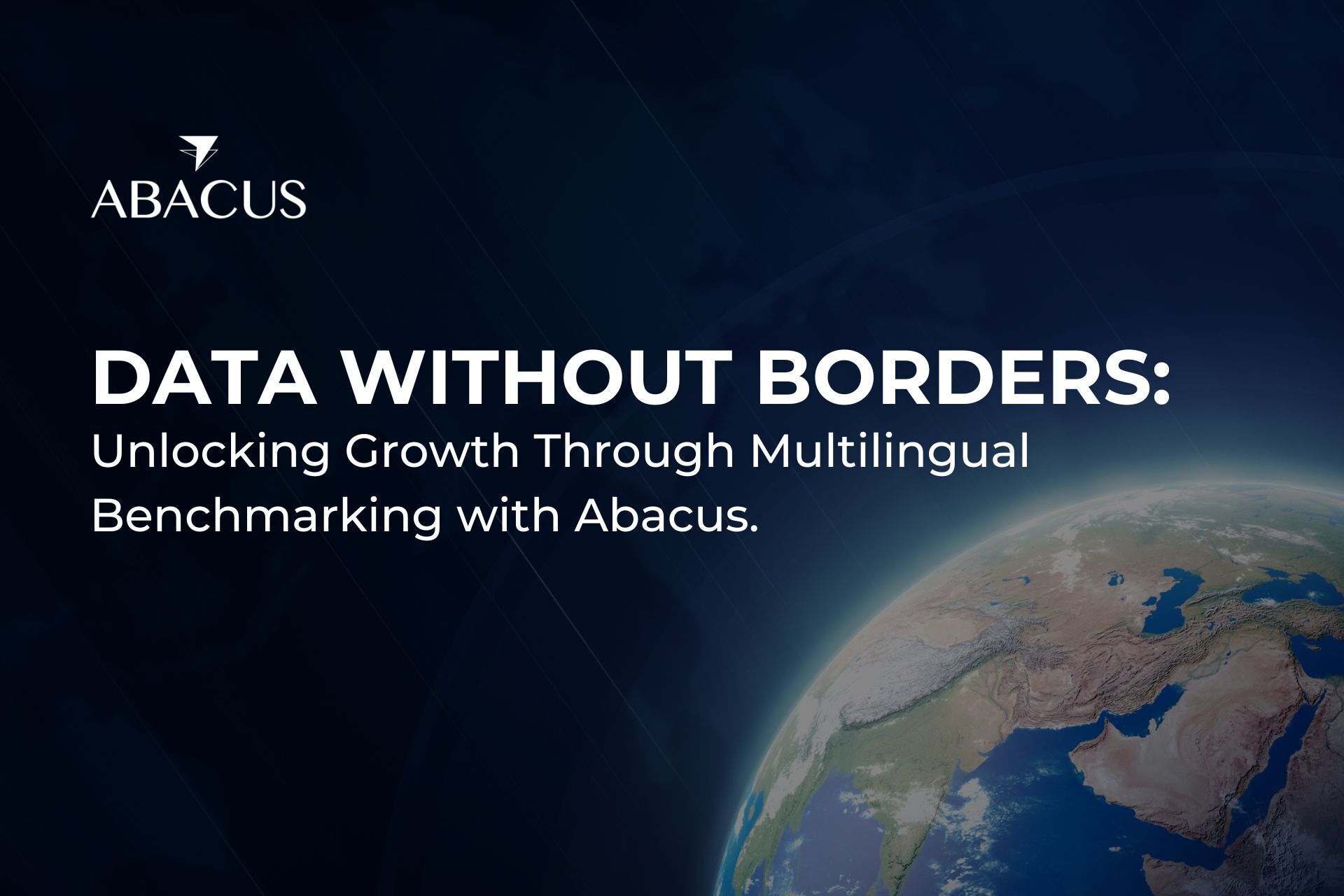
Industry Focus and Scope
A UK-based firm specializing in insurance price benchmarking and customer insights had long established itself as a trusted name in the market. Known for its precision and reliability, the organization offered insurers a clear lens into pricing dynamics, competitor movements, and customer trends. Its expertise in English-language projects positioned it as a dependable partner, providing clarity in a complex and competitive sector.
Yet, this strength was also a limitation. Despite its strong footing, the company hesitated to embrace projects in non-English markets. Concerns over resource capabilities, potential language barriers, and the intricacies of collecting reliable data from unfamiliar sources, such as Italian, cast doubt over expansion. This hesitation became a quiet barrier, one that restricted growth and left new opportunities just out of reach. At a time when the industry demanded broader vision and global presence, the company’s caution risked holding it back.
The Challenge
The barriers were not simply about language; they touched every part of the company’s ability to grow. At its core was hesitation, fueled by uncertainty and a fear of making mistakes in unfamiliar territory.
Key challenges included:
- Capability Concerns: Doubts about whether resources could handle non-English execution.
- Language Barriers: Worries about ensuring accuracy in translating complex, technical data.
- Operational Complexity: Difficulty in managing fragmented and unfamiliar sources of information.
- Missed Opportunities: Turning away projects in markets like Italy, which directly impacted growth and competitiveness.
Together, these concerns created a cycle of hesitation, narrowing the organization’s global reach and limiting its ability to compete.
The Solution
Overcoming this hesitation required both determination and structure. The breakthrough came with a decision to take on an Italian-language project, once seen as too complex, and commit to seeing it through with full support. The approach was deliberate: begin with care, then scale with confidence.
Steps in the solution included:
- Manual Translation and Data Collection: Starting with painstaking attention to detail to ensure reliability and accuracy.
- Progressive Streamlining: Refining workflows over time to build efficiency and reduce friction.
- Automation Tools: Introducing technology to handle repetitive tasks, speed up data collection, and minimize human error.
- Hybrid Model: Combining human oversight with automation for a balance of quality, scalability, and efficiency.
This structured path turned uncertainty into a repeatable process that could be applied across future multilingual projects.
The Impact:
Breaking Barriers, Unlocking Growth
The Italian project, sustained over two to three years, became more than a single success story. It was proof that barriers could be overcome and that expansion into new linguistic markets was not only possible but repeatable. The achievement unlocked doors to further projects in German, French, Spanish, and Swedish, steadily expanding the company’s portfolio and presence across Europe.
The ripple effects were profound. Processes became sharper and more efficient, costs were reduced, and errors minimized. Furthermore, there was a notable shift in confidence, both within the organization and among its clients. What once seemed out of reach now became a foundation for future growth. The ability to deliver multilingual, high-complexity projects strengthened relationships, inspired trust, and positioned the company to seize larger opportunities with assurance.

.png?width=275&height=165&name=5470582%20(3).png)
Submit a comment